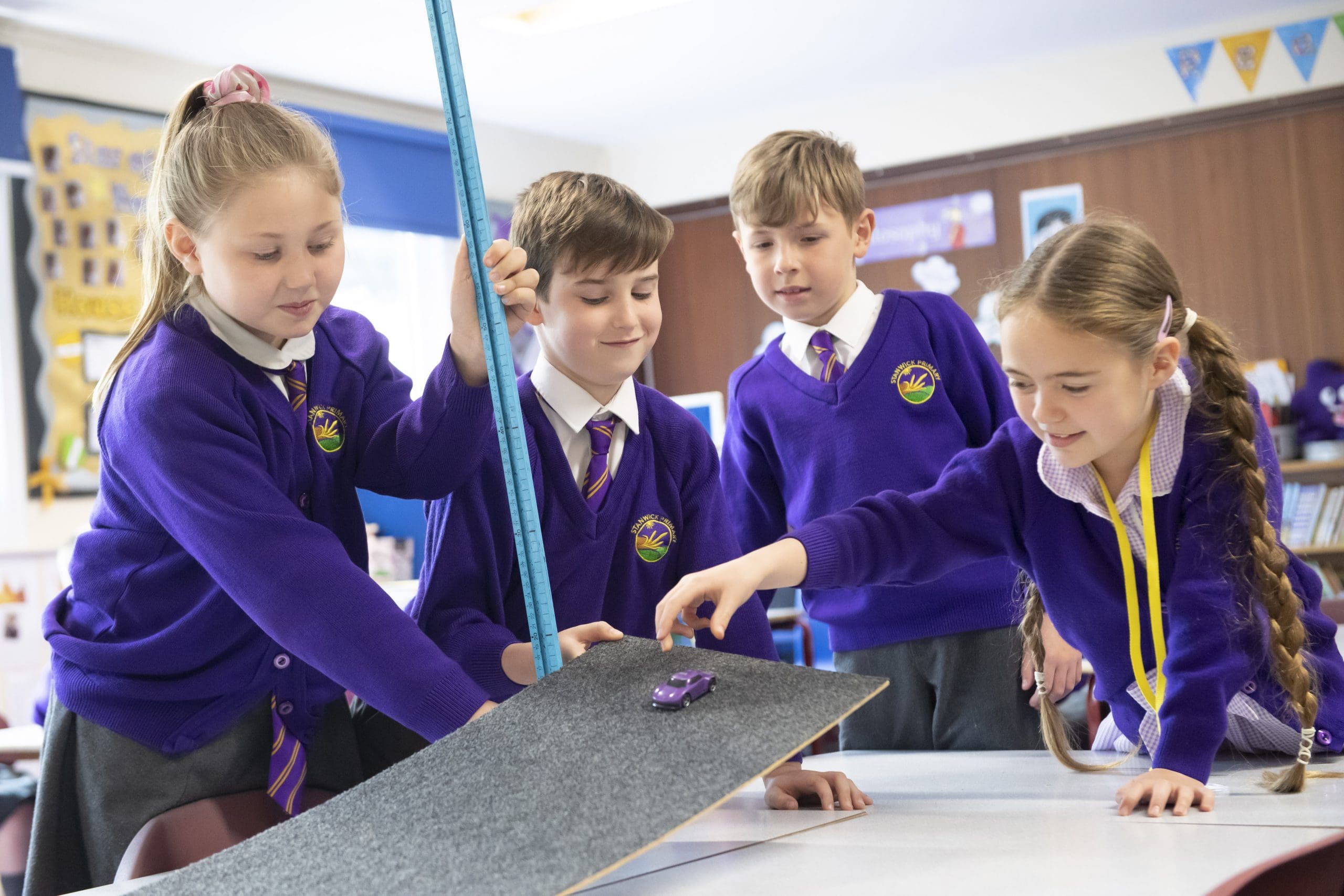Culture can be a bit of a buzz word in workplaces and in leadership discussions, but how does that translate into action? How does that then look when you throw a pandemic into the mix and schools as we all know them become very different places?
When you take on a role in a school, automatically, you have bought into the ethos and the values of the school. Your role becomes one that supports, challenges and adapts the journey of the children and the staff you work with. Right from the first day in a role, you have ‘bought in’ and are now a key piece of the jigsaw, contributing to the culture that fills a workplace. Whilst this is essential in every workplace, the fact you only have one chance to get this right for children from the beginning of their education is a huge deal in a school and not one that should ever be taken lightly.
Taking the leap into a leadership role gave me an inevitable shift in mindset from the role as a classroom teacher. I moved from working to develop an inspiring and engaging environment for one class of children, to a focus on a whole school of children, a set of staff and every other stakeholder. The knowledge of culture had to deepen and I needed to be more aware of my role in sharing and cultivating the culture I wanted in the school.
I took on the role of leading our school two years ago and felt extremely passionate about celebrating the staff and children in the school. Since joining teaching, I always wanted those around me to feel valued and cared for in their roles. It did not matter how long they were in the school building or what time of the day they worked. Some of my fondest memories of my first teaching years were those with adults, as well as the children. Breakfast with the cleaners at the end of term, a half an hour catch-up with the site supervisor or delivering a cup of tea and a biscuit to a fellow staff member that just needed it that day. It is the best feeling to show a little appreciation and care for those around you.
For me, developing a positive culture is not about feeling that you must do things, but about wanting to. I liken it to the reasons why we go into the job roles that we choose. I wanted to teach and lead to make an impact on the lives of children and be a part of developing opportunities for them to gain experiences and thrive. I have a real passion and enthusiasm for seeing the next generation achieve their full potential. Culture is the same. It is an enthusiasm that I have for staff to feel valued, children to feel cared for and listened to, and all families and the community to feel involved.

Is the Principal role the most important role for sharing culture? Absolutely not. Are they the driving force? Possibly. An expectation to model? Definitely.
I wouldn’t say that I always get things right. There will always be moments when a staff member will be frustrated or a child is feeling unhappy in school, but it is the role of everyone to contribute to the culture in a school and know they have done their best to limit these negative feelings and experiences. We need to consider the key consistencies we want for children, for our colleagues, for others to see when they move around our school. It is about the care that we want each other to feel as adults, the feeling of power to be listened to and the mutual respect that threads through every member of the team.
I don’t believe developing a positive and desired culture is about the expected CPD, the token yoga sessions or banning work from 6pm. This type of culture is achieved through the extra efforts shown, the verbal ‘thank you’ that wasn’t expected, the knowledge and understanding of an individual’s life (children and adults) and providing recognition for the everyday efforts, hard work and determination that each stakeholder shows. Fundamentally, I want the staff I work with to feel that their role and impact is valued and in turn, provide the greatest possible education and support to the children in our school.
We only get one chance at making first impressions, one chance at shaping the education and behaviours of our young people. We absolutely cannot waste any of these opportunities. We must take every given chance to develop, model and enhance the culture for our children in the most positive of ways. We must continuously reflect on what we offer, what we mirror and what we give to others.
Only when we get the culture absolutely spot on for our workplace, are we able to have the desired impact in our working roles.
Stanwick Primary is part of the Nene Education Trust, a multi-academy trust in East Northants. NET’s schools also include Windmill Primary Raunds, Newton Road School Rushden, Raunds Park Infants, St. Peter’s CE Junior, Manor School and Woodford CE Primary.
For further information visit Nene Education Trust.














